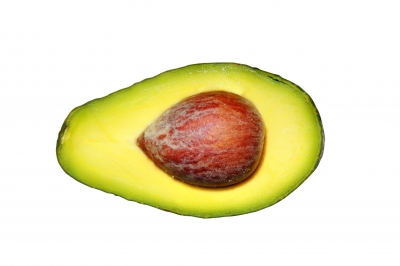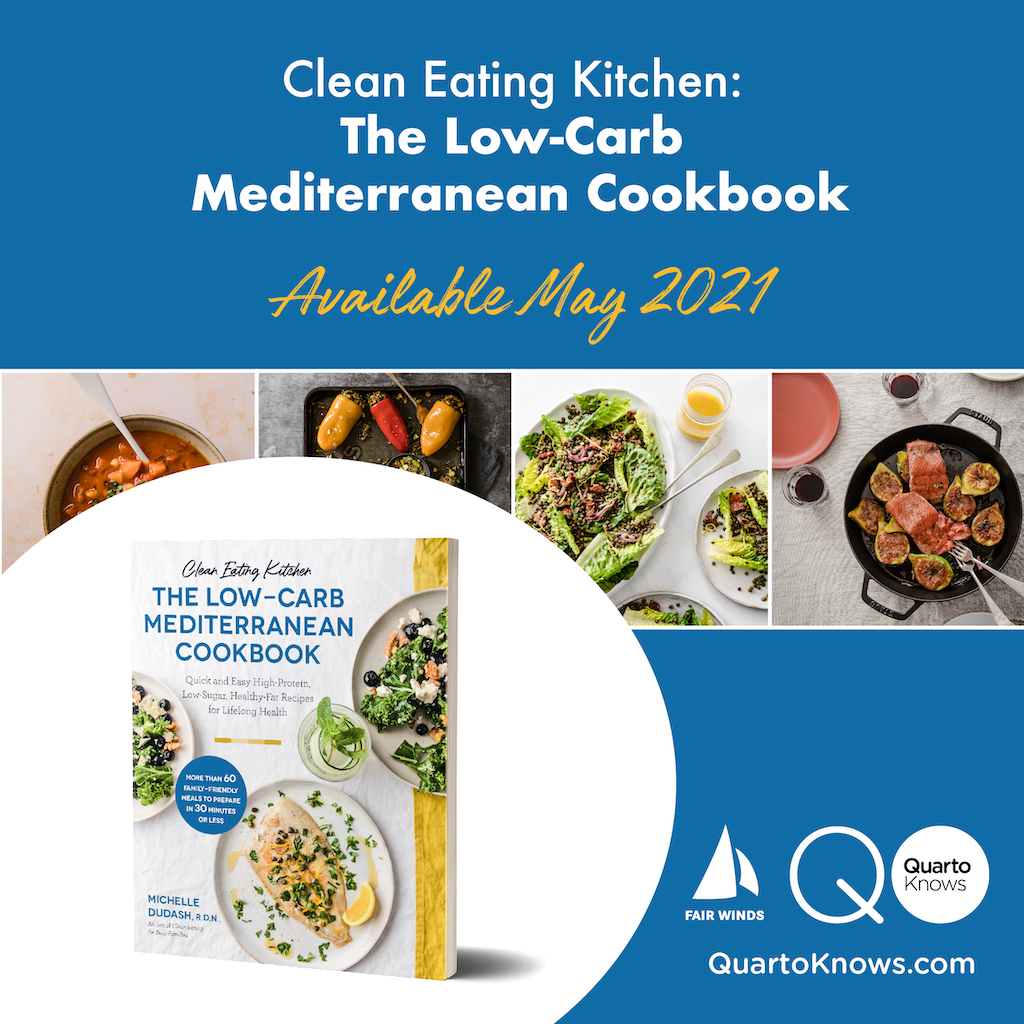Why You Should Eat Fat: The 7 Best Foods

Which Fats are Good for You?
Sponsored
The misconception that fat is “bad” kills my soul a little every time I hear it because it is so not true. While we should limit saturated fat and avoid added trans fats at all costs, foods containing “good” fats offer a multitude of benefits beyond added satiety and flavor, and should be enjoyed regularly. Here’s the skinny.
1. Oily fish: wild Alaskan salmon and halibut, barramundi, light and albacore tuna, anchovies, rainbow trout and sardines
Why: These fish contain significant amounts of omega-3 fatty acids DHA and EPA, which promote heart health, reduce inflammation, and contribute to fetal brain development.
Suggested preparations: grilled salmon, pan-fried barramundi, tuna salad, and chopped anchovies sautéed with garlic for pasta sauce
2. Flaxseed meal
Why: Flaxseed is one of the most concentrated sources available of omega-3 alpha-linolenic acid (ALA), which have been shown to have heart-healthy effects, including lowering LDL (lousy) cholesterol when at least 2 tablespoons are consumed daily. 2 to 3 teaspoons of flaxseed meal provide the amount of ALA recommended by the National Institutes of Health.
Suggested uses: energy bars, smoothies, oatmeal, and as a substitution for eggs in baked goods (1 tablespoon flaxseed meal plus 3 tablespoons water)
Why: One-fifth of a medium avocado delivers 3 grams of monounsaturated fat and .5 gram of omega-3 ALA, with only 50 calories. Avocados also act as “nutrient boosters” by enabling the body to absorb more fat-soluble nutrients (such as alpha-and beta-carotene and lutein) from foods that are eaten with them. California avocados are in season now through September, so get them while you can.
Suggested uses: on burgers, pizzas, toast or crackers with sea salt; in smoothies, omelets, burritos and tacos, salsas, tossed and fruit salads
4. Walnuts
Why: Walnuts are the only nut significantly high in omega-3 ALA, with 2.5 grams per serving.
Suggested uses: on breakfast cereal and oatmeal, salads, and in breading for chicken or fish
5. Extra-virgin olive oil (and olives)
Why: Extra-virgin olive oil contains a whopping 10 grams of monounsaturated fat per tablespoon, the fat recommended by the American Heart Association that may help lower blood cholesterol when used in place of saturated and trans fats.
Suggested uses: to dress salads and vegetables, in sauces, and dishes cooked over moderate heat
6. Pistachios and almonds
Why: Pistachios are a good source of beneficial monounsaturated and polyunsaturated fats, comprising almost 90% of their total fat, making them a much better choice than popular snacks like potato chips. Almonds, also nutritious, have been recognized by the FDA for helping decrease risk of heart disease as part of a diet low in saturated fat and cholesterol.
Suggested uses: on raw fruits, salads, and in desserts and breading for fish and chicken
7. Canola oil
Why: Known for its high omega-3 ALA content, it is beneficial for heart health and has the least saturated fat of all cooking oils. The FDA has ruled that 1 1/2 tablespoons of canola oil daily may reduce the risk of coronary heart disease when used in place of saturated fat and calories remain constant.
Suggested uses: muffin and cake batters, salad dressings, high-heat grilling, searing and roasting
This article first appeared in the July 2013 issue of M Fitness Magazine.
Disclosure: I work closely with the California Avocado Commission and they compensated me to include them in this post. Words are 100% my own.
You might also enjoy:
California Avocado & Egg Breakfast Salad
Tomato & Avocado Quinoa Salad with Cumin & Cilantro
Lime-Basil Shrimp & California Avocado Lettuce Wraps
Image courtesy of FreeDigitalPhotos.net/Pakorn


 I'm a chef nutritionist, not the food police. I eat cookies but make sure to eat my broccoli too.
I'm a chef nutritionist, not the food police. I eat cookies but make sure to eat my broccoli too.

